Menu
 |
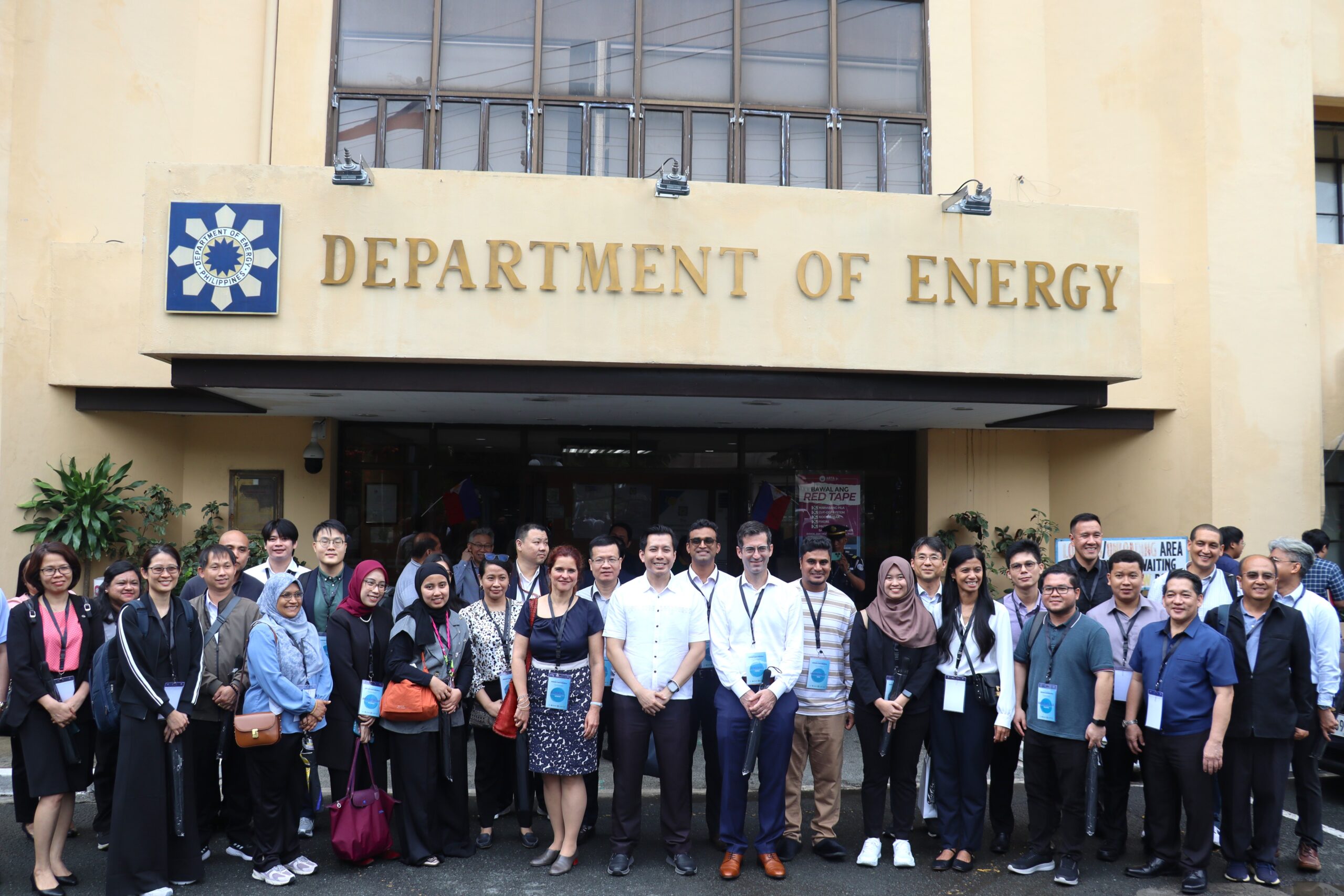 |
Photo 1. 2nd Regional Workshop ASEAN Cool Initiative group photos
The 2nd Regional Workshop: ASEAN Cool Initiative was successfully held from 10 – 11 June 2025, in Makati City, the Philippines. The Workshop was jointly organised by the ASEAN Centre for Energy (ACE) and the United Nations Environment Programme’s United for Efficiency (UNEP-U4E), hosted by the Department of Energy (DOE) Philippines.
The workshop was attended by representatives from eight (8) ASEAN Member States (AMS) – Cambodia, Indonesia, Lao PDR, Malaysia, Philippines, Singapore, Thailand, and Vietnam, and invited international organisations, including Deutsche Gesellschaft für Internationale Zusammenarbeit (GIZ), CLASP, Clean Cooling Collaborative (CCC), International Institute for Energy Conservation (IIEC), and Lawrence Berkeley National Laboratory (LBNL) of University of California Berkeley.
The two-day workshop aimed to strengthen ASEAN coordination and collaboration towards achieving a stringent Minimum Energy Performance Standards (MEPS) target of CSPF 6.09 for Room Air Conditioners (RACs), as outlined in the ASEAN regional policy roadmap for energy-efficient RACs. It also sought to share global cooling initiative knowledge, raise awareness of updated RAC MEPS, and discuss the implementation of Mutual Recognition Agreement (MRA) guidelines in energy efficiency testing and certification for RACs.
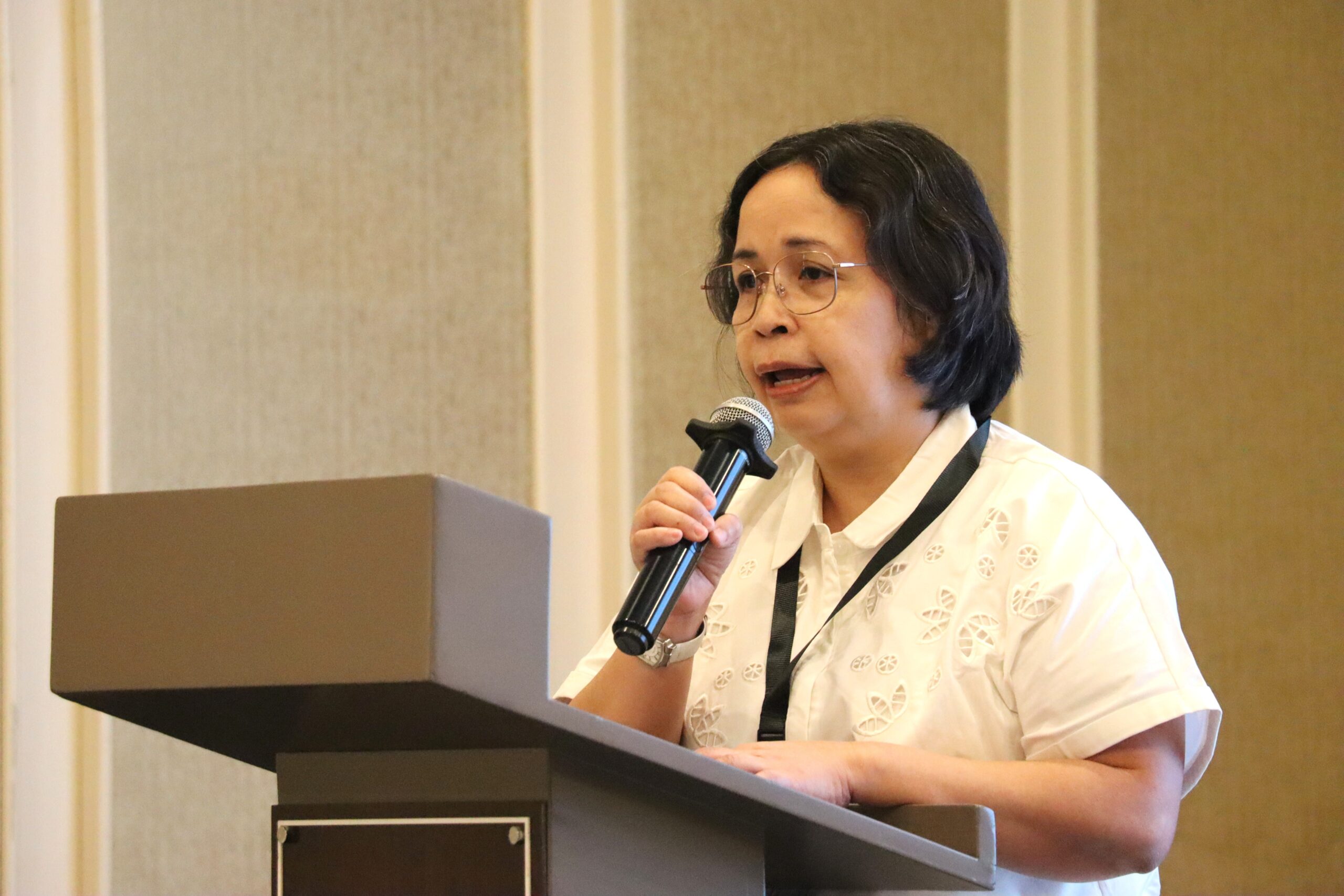 |
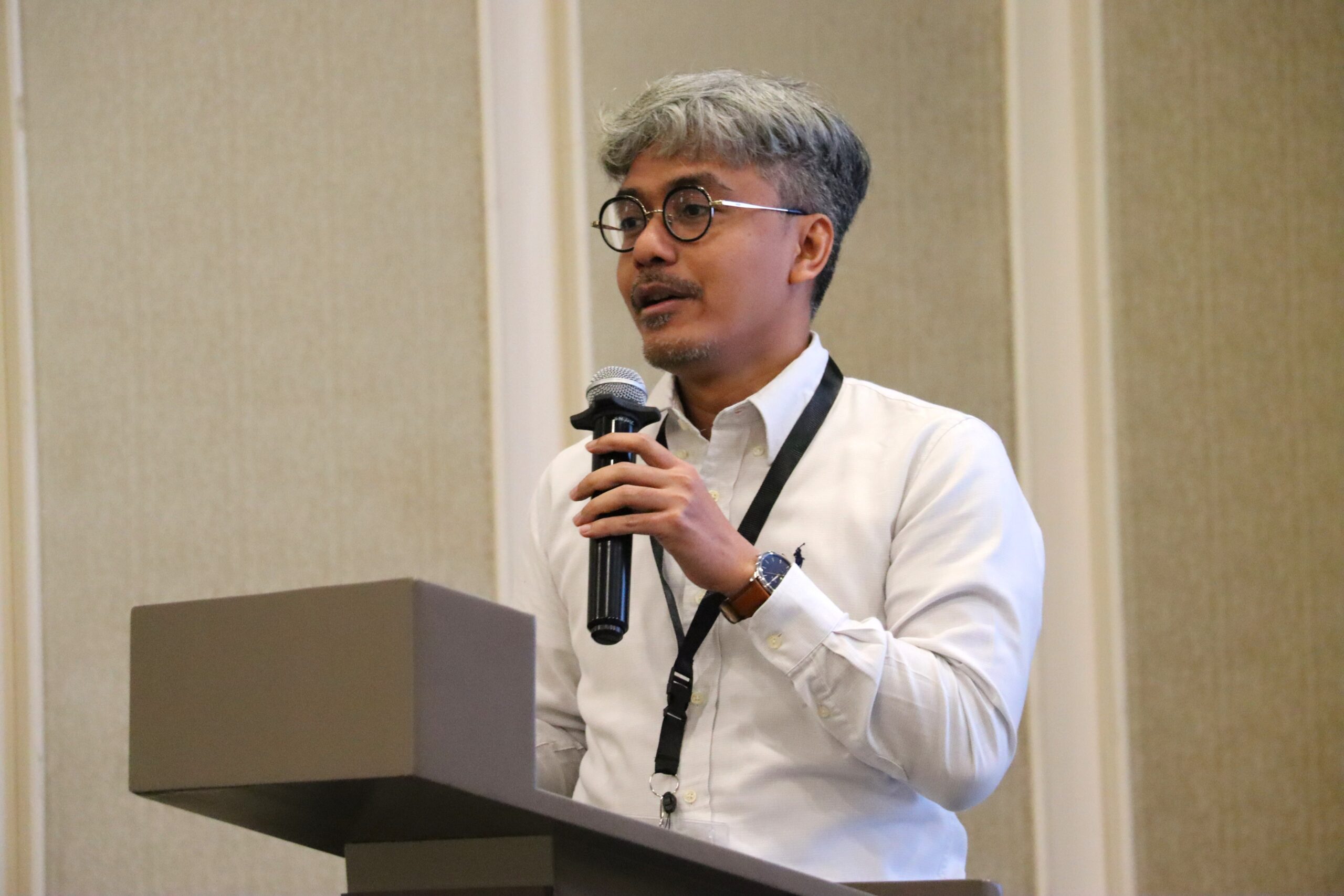 |
Photo 2. Opening remarks delivered by Lana Rose A. Manaligod, DOE, Philippines (left) and Muhammad Zeki, CCC (right)
The opening session commenced with welcoming remarks from Lana Rose A. Manaligod, Assistant Director, Energy Utilization Management Bureau, DOE Philippines, as the host country representative. Muhammad Zeki, Program Manager Southeast Asia of CCC, also delivered an address. Further opening insights were provided by Patrick Blake, Programme Manager for UNEP-U4E, setting a collaborative tone for the workshop. Dr. Apiradee Thammanomai, Director of Strategy and Planning Division, Department of Alternative Energy Development and Efficiency (DEDE) Thailand, represented the EE&C-SSN Coordinator, contributing to the remarks, delivering online.
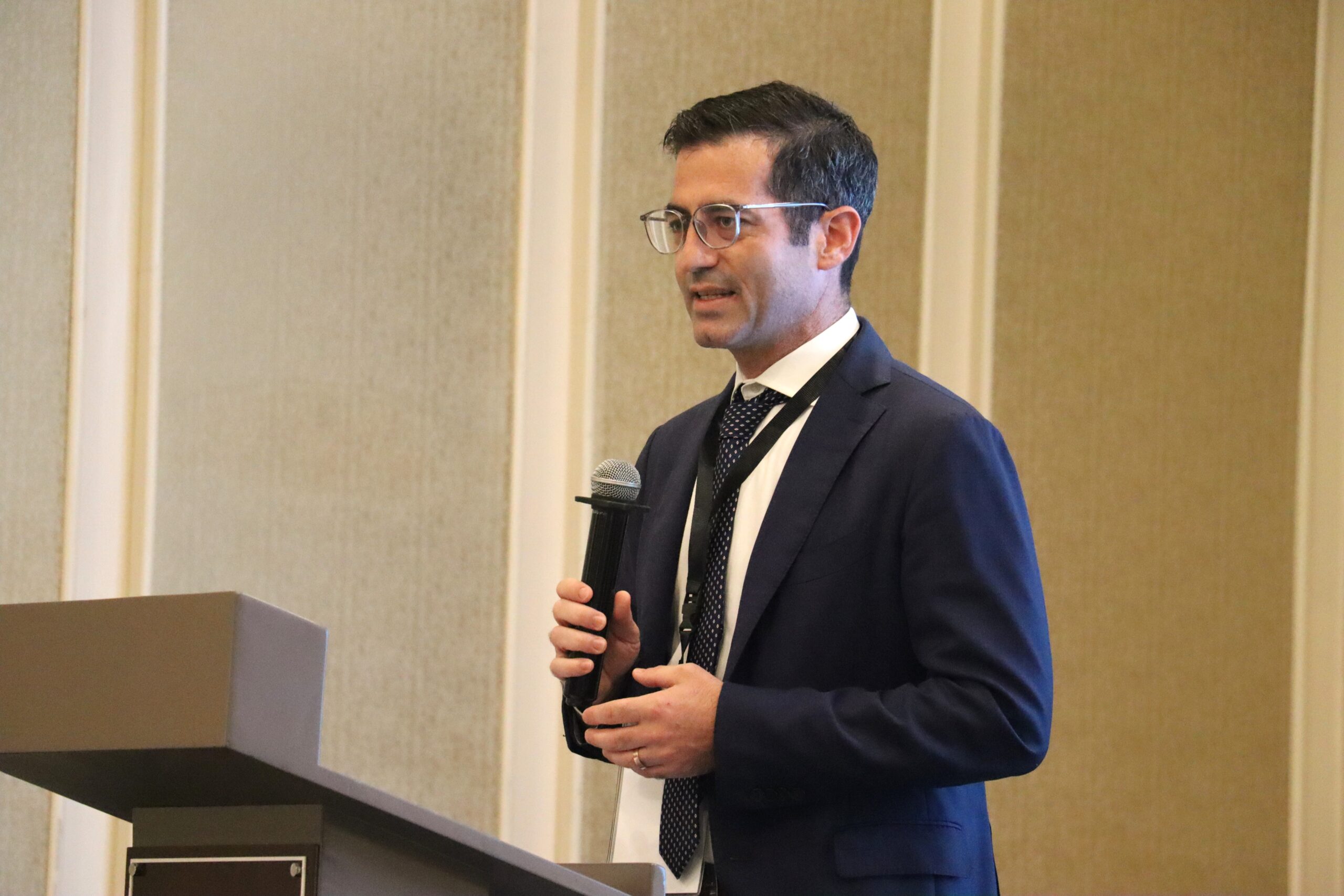 |
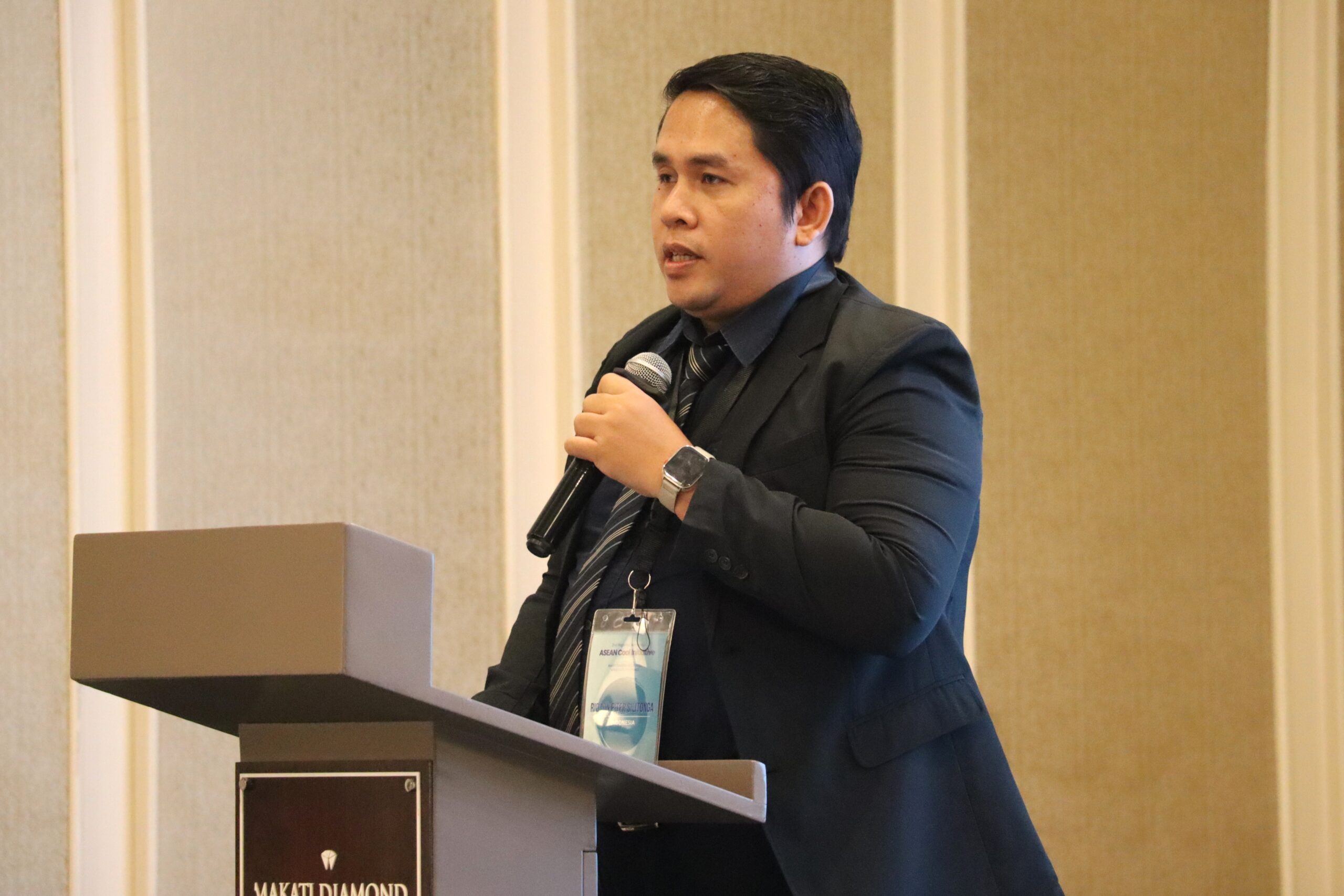 |
Photo 3. Opening remarks delivered by Patrick Blake, UNEP-U4E (left) and Rio Jon Piter Silitonga, ACE (right)
Rio Jon Piter Silitonga, Senior Officer, Energy Efficiency and Conservation (CEE) Department, speaking on behalf of Dato’ Ir. Ts. Razib Dawood, Executive Director of ACE, concluded the series of opening remarks. These remarks collectively emphasised the importance of regional cooperation towards sustainable energy and underscored the workshop’s significance as an ASEAN Plan of Action for Energy Cooperation (APAEC) Phase II: 2021-2025 milestone for the Energy Efficiency and Conservation Programme Area, specifically regarding the expansion, harmonisation, and promotion of EE S&L (Energy Efficiency Standards & Labelling).
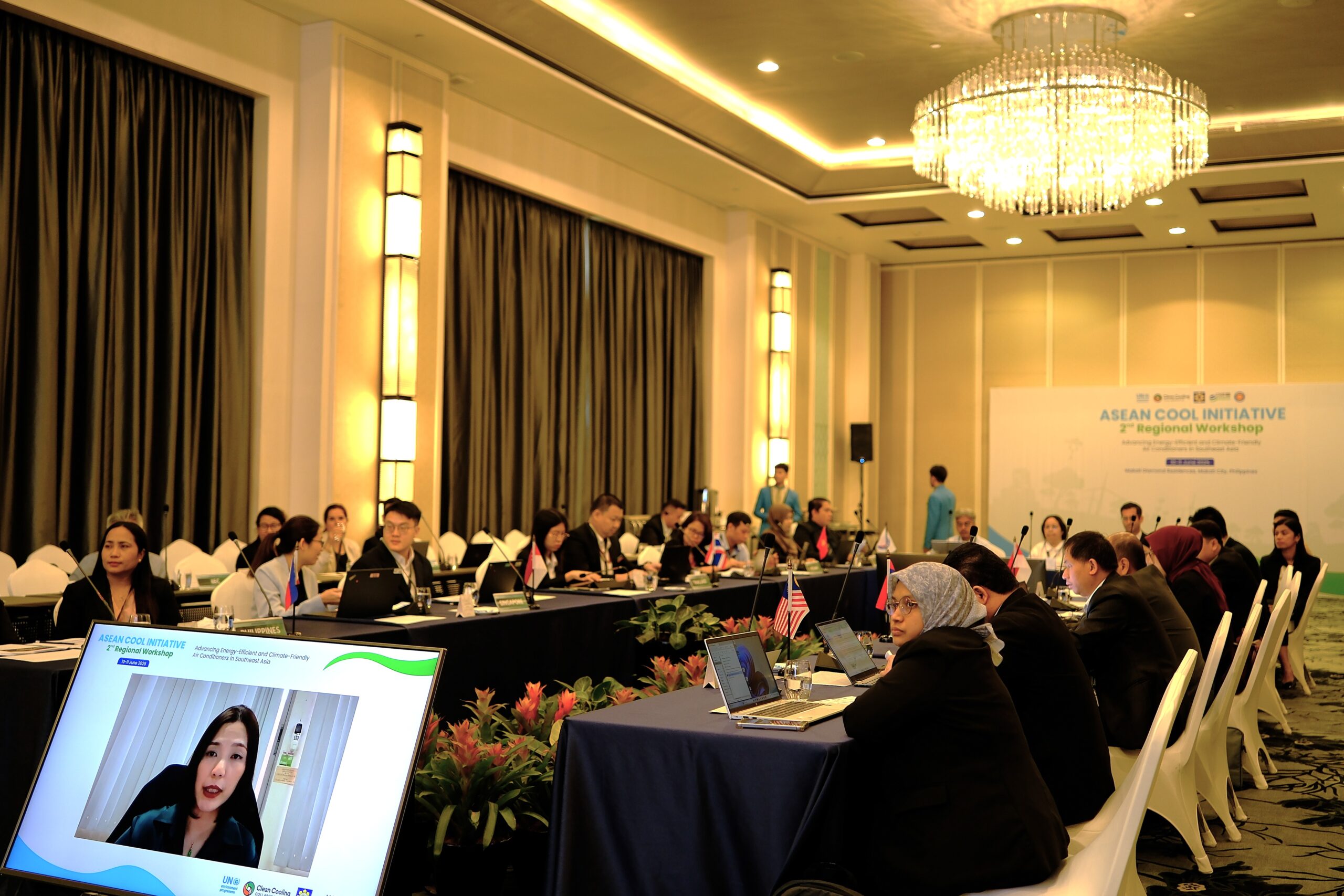
Photo 4. Opening remarks delivered online by Dr. Apiradee Thammanomai, DEDE, Thailand
Following the opening session, Patrick Blake (UNEP-U4E) delivered a scene-setting presentation. He highlighted the urgent need and significant opportunities for ASEAN countries to accelerate the adoption of energy-efficient RACs through strengthened regional policies and collaboration, thereby contributing to global climate goals and substantial energy savings. Mardika Firlina, Technical Officer of the CEE Department, also outlined the regional context of rising RAC demand in ASEAN, evaluated the implementation and market gaps of current MEPS, and set a forward-looking vision for energy-efficient air conditioning within the future APAEC Post-2025 framework. These two presentations laid the groundwork for the ensuing discussions on policy and technical aspects.
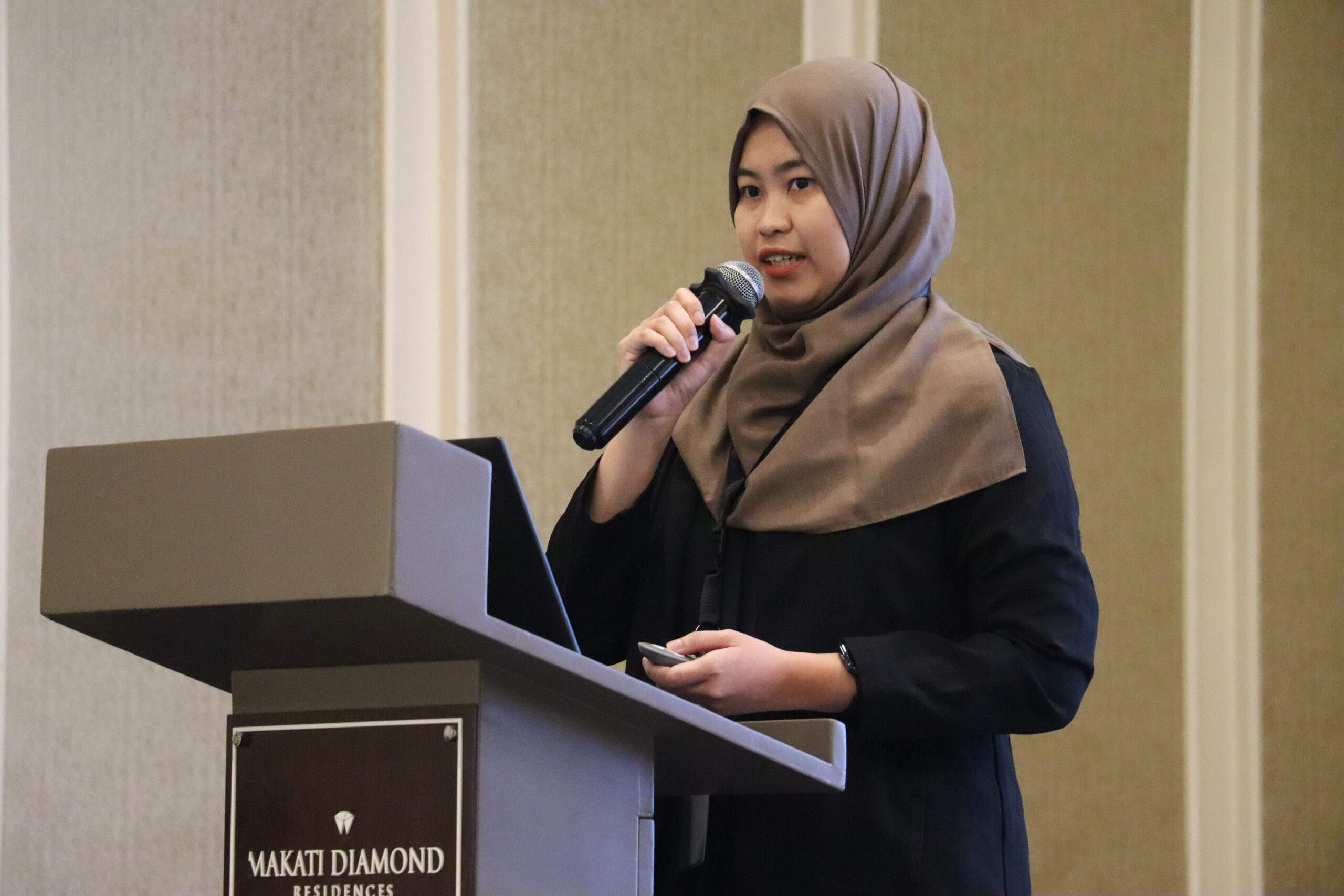 |
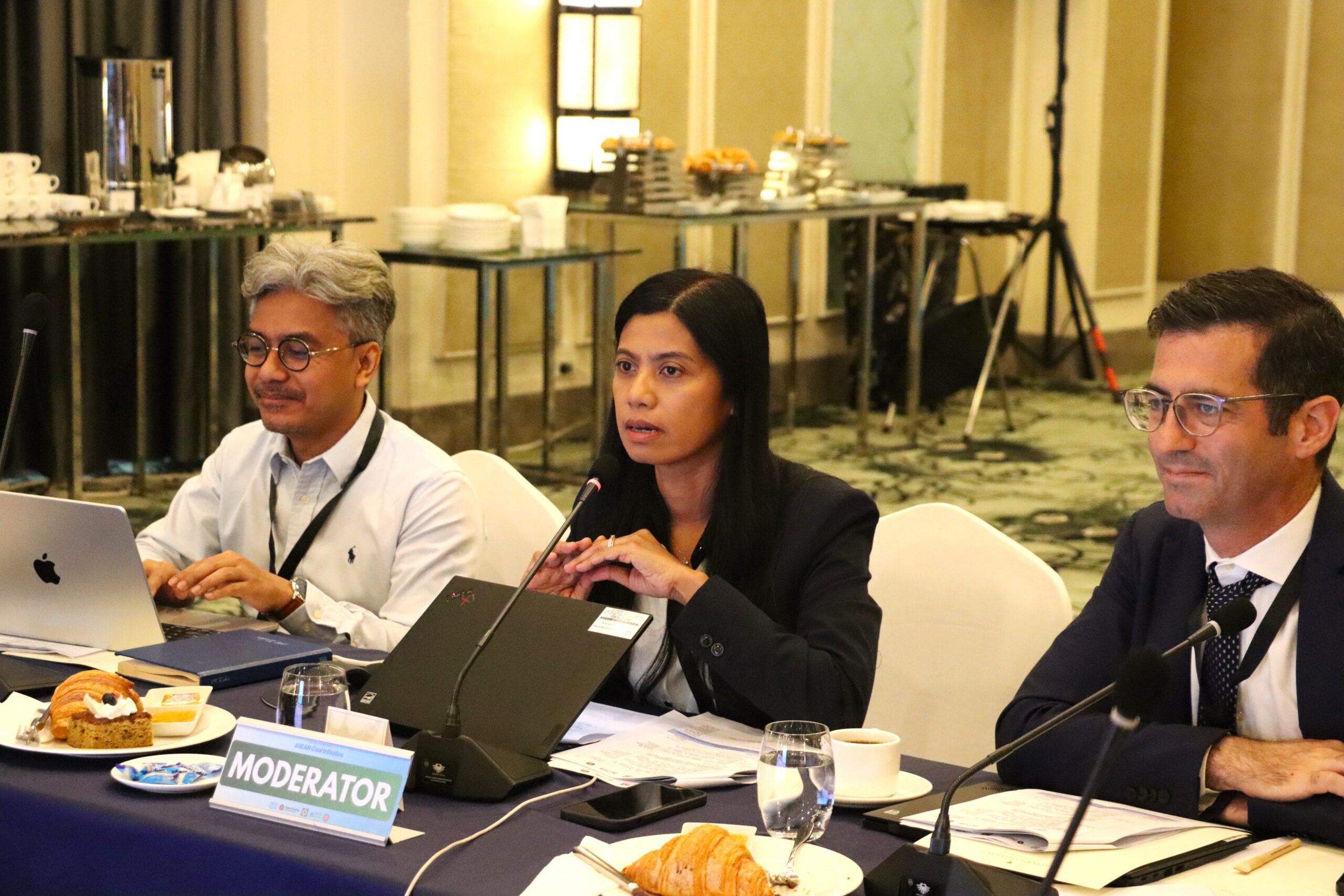 |
Photo 5. Setting scene presenter Mardika Firlina, ACE (left), and Session 1 moderator Zafe Fazilah Abu Bakar, UNEP-U4E (seated in the middle, right photo)
The workshop continued with Session 1, which involved focused group discussions among ASEAN Member States to update the implementation status of MEPS for RACs. Led by Zafe Fazilah Abu Bakar, Project Coordinator, UNEP-U4E, participants broke into three groups to delve into national roadmap implementation and policy frameworks. They discussed country progress updates on MEPS levels and labelling standards for RACs.
Discussions also covered Monitoring, Verification, and Enforcement (MVE) strategies for RACs, including testing facilities and product registration systems. Participants shared their readiness and challenges regarding MRA for testing and certification for RACs. Opportunities for future international collaboration and ongoing support from International Organisations were also key discussion points.
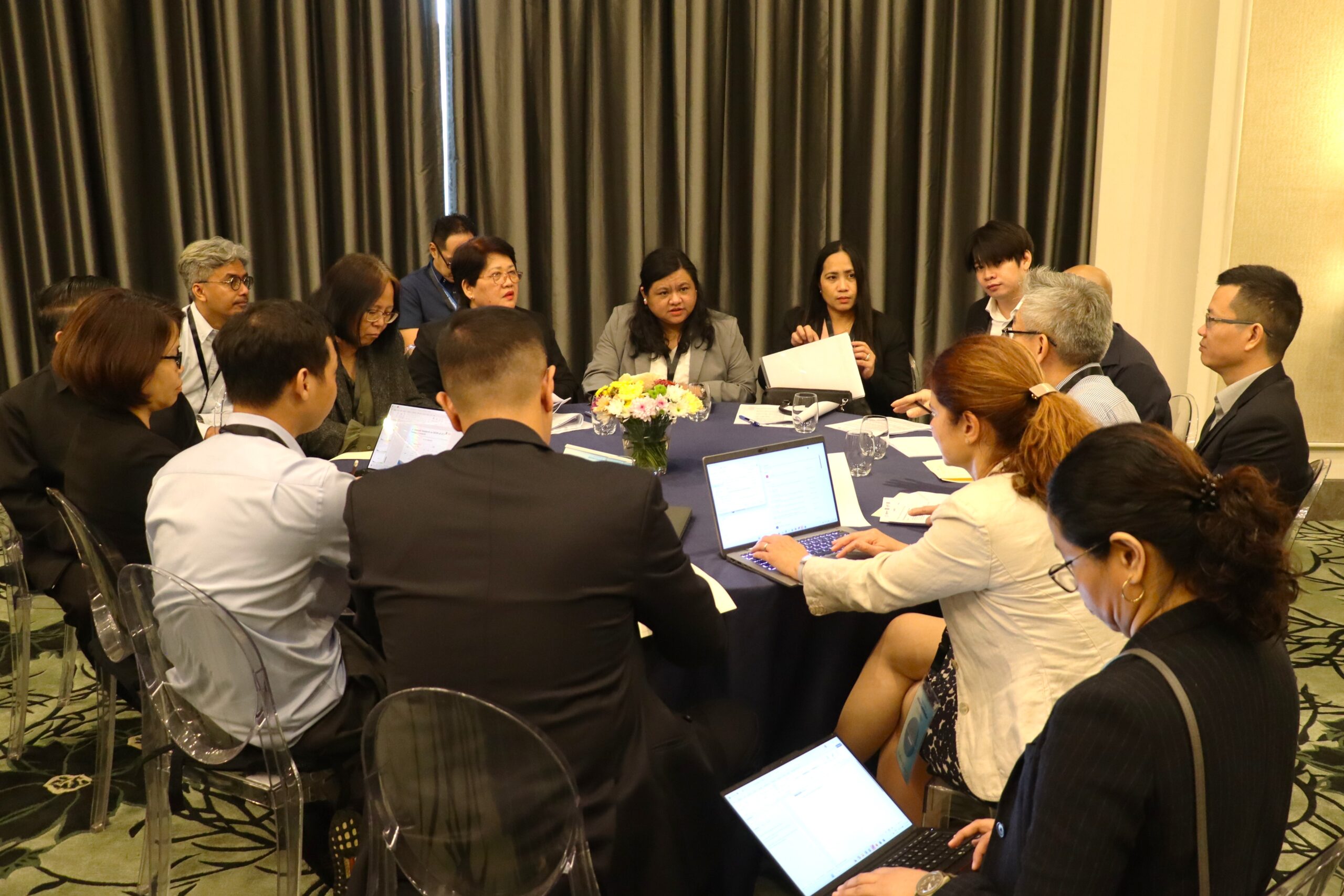 |
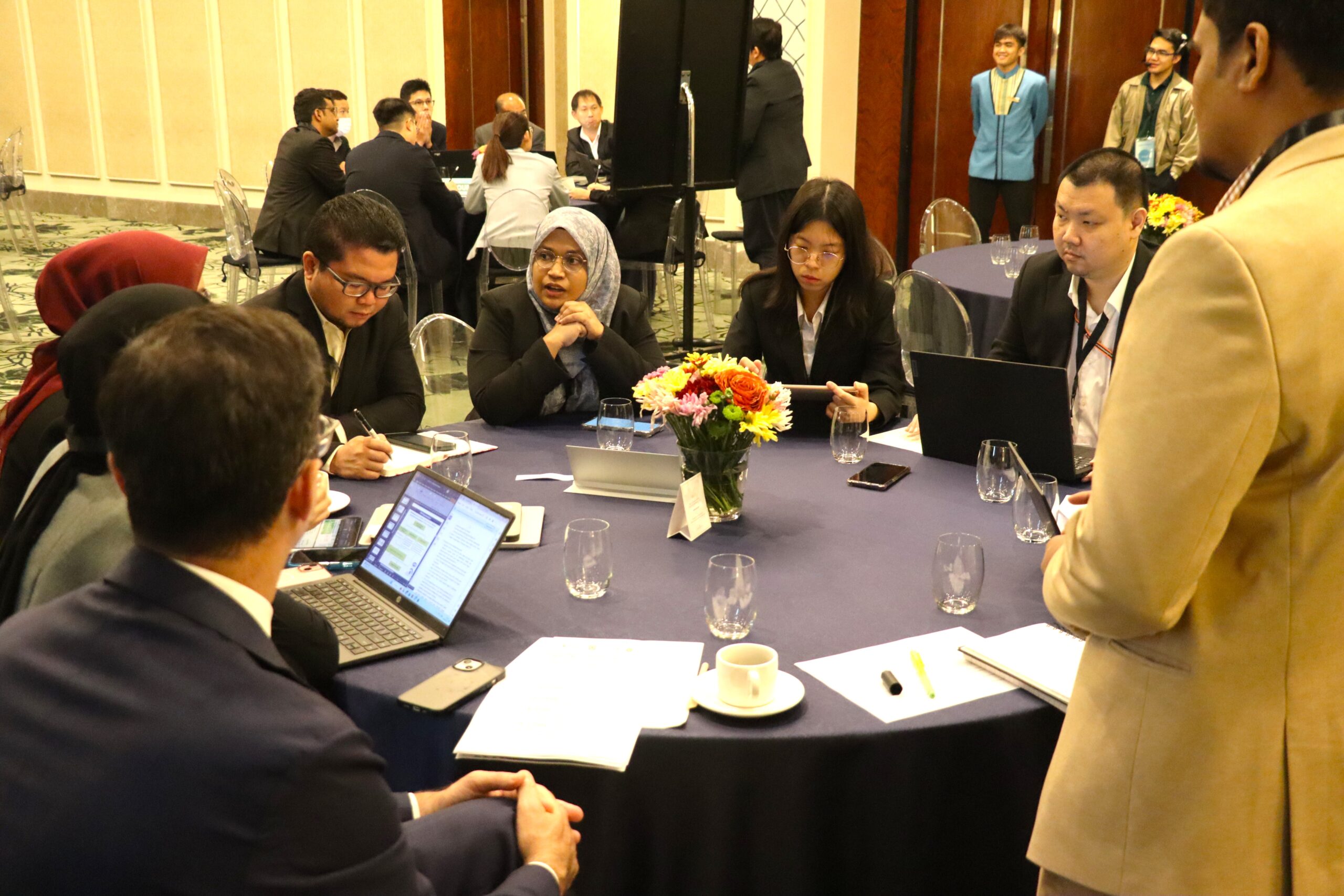 |
Photo 6. Workshop participants joined the focused group discussions for Session 1
The agenda continued with best practice sharing on MEPS and Labels from Malaysia and Singapore. Nur Hamiza Mirsa Hussain, Assistant Director, Energy Efficiency and Conservation Department, Energy Commission, Malaysia, highlighted Malaysia’s proactive approach to enhancing RAC MEPS and labelling via its new Energy Efficiency & Conservation Act (EECA) and ongoing stakeholder consultations, with a phased increase in efficiency standards planned by 2035. Ng Jie Yu Jane, Senior Engineer, Carbon Mitigation Division / Labelling and Standards Department, National Environment Agency, Singapore, emphasised that successful RAC MEPS and MELS implementation necessitates continuous policy updates, proactive industry and online platform engagement for compliance, and robust monitoring and verification.
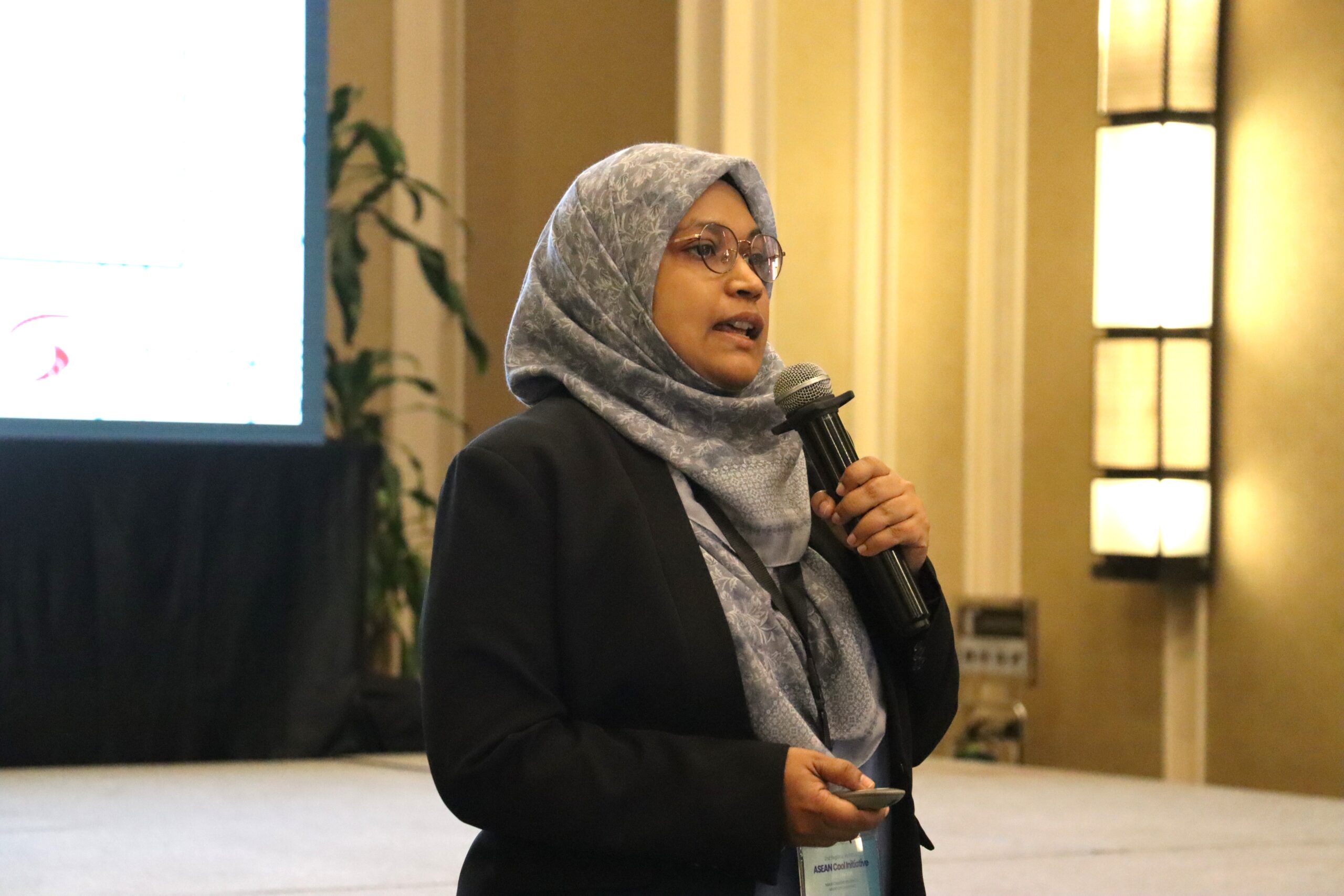 |
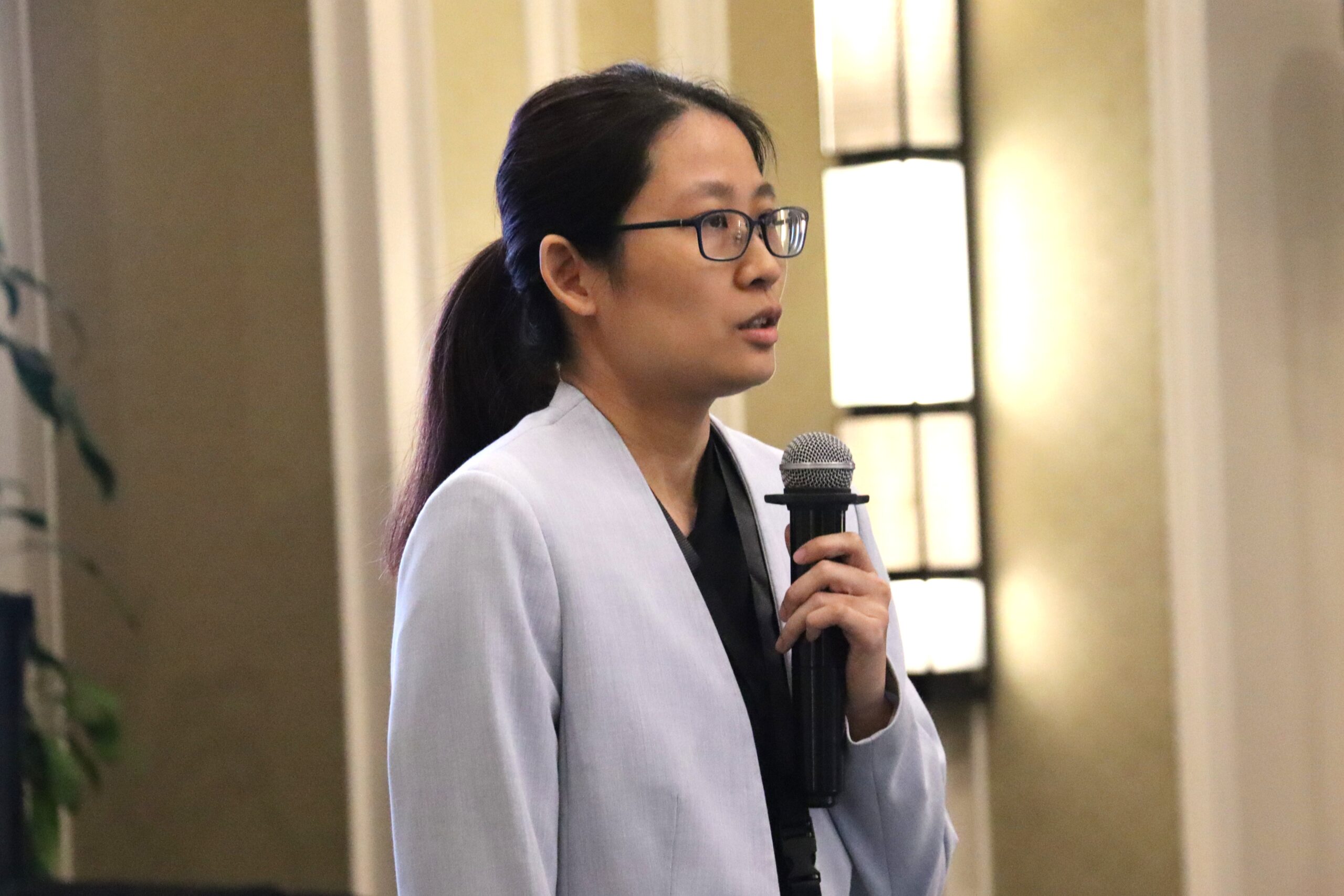 |
Photo 7. Presenter from AMS, Nur Hamiza Mirsa Hussain, Energy Commission, Malaysia (left) and Ng Jie Yu Jane, National Environment Agency, Singapore (right)
The afternoon session included an essential site visit to the DOE – Energy Research and Testing Laboratory Services (DOE-ERTLS), specifically focusing on their Refrigerating Appliances Testing and the Balanced Ambient Calorimeter Facilities. This visit aimed to provide participants with invaluable firsthand exposure to the Philippines’ testing, calibration, and research capabilities, particularly for cooling appliances. It allowed delegates to observe the processes and facilities mandated to conduct scientific and physical tests on energy efficiency and calibration methodologies for various electrical household appliances, including air conditioners, in accordance with international standards like ISO 5151 and IEC 16358.
The site visit provided ASEAN delegates with exposure to the DOE’s Balance Ambient Calorimeter Testing Facility at the DOE Lighting and Appliance Testing Laboratory (LATL). This specialised infrastructure is crucial for accurate performance testing of air conditioning units, as it provides a controlled environment to simulate standardised operating conditions for determining cooling capacity and energy efficiency, thereby supporting product compliance with DOE’s energy efficiency regulations and providing reliable data for energy labelling and policy development. The practical demonstration at this facility reinforced theoretical discussions, fostering regional cooperation, promoting best practices in energy standards and labelling systems, and offering a deeper understanding of the technical requirements for effective MEPS implementation across the region.
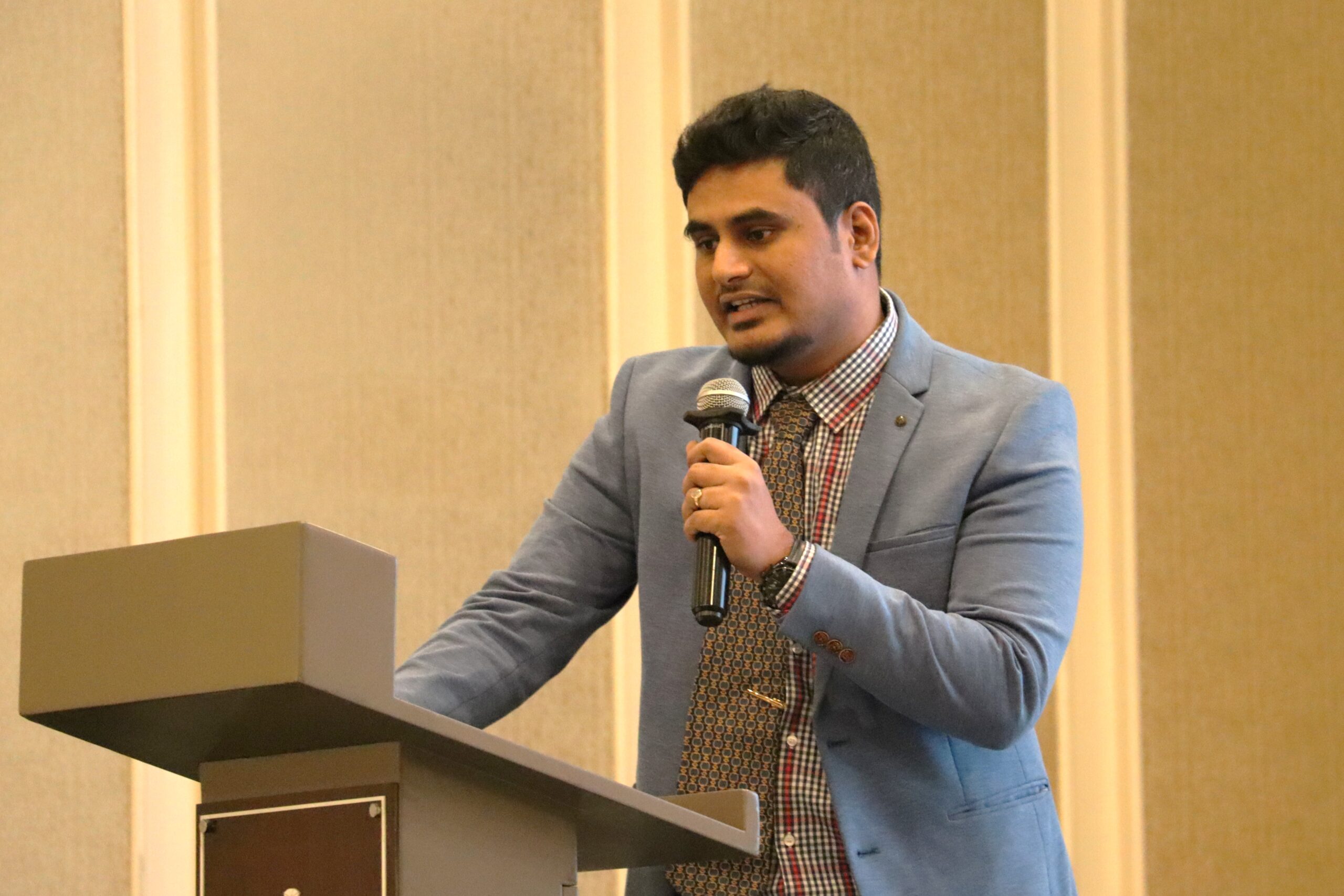 |
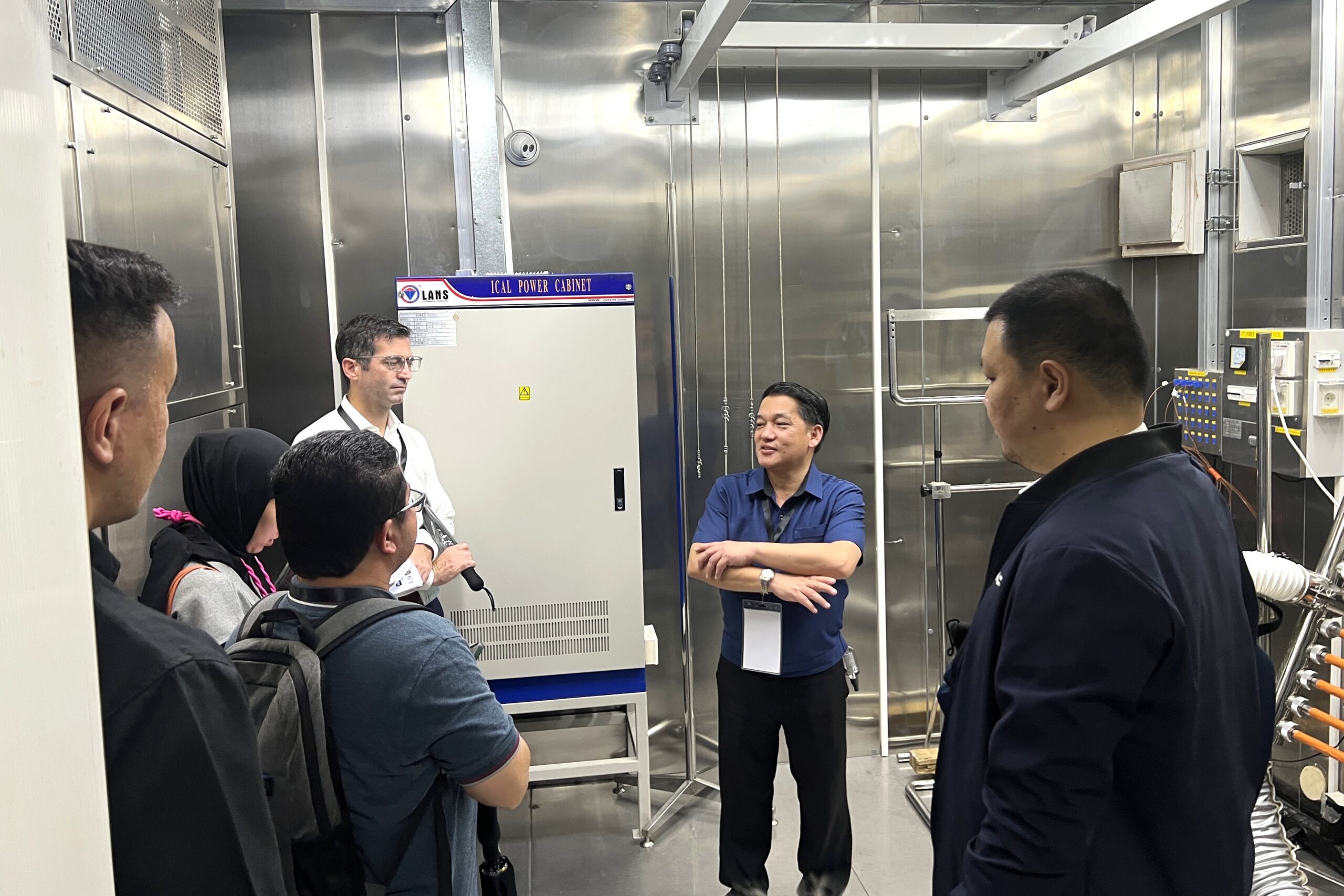 |
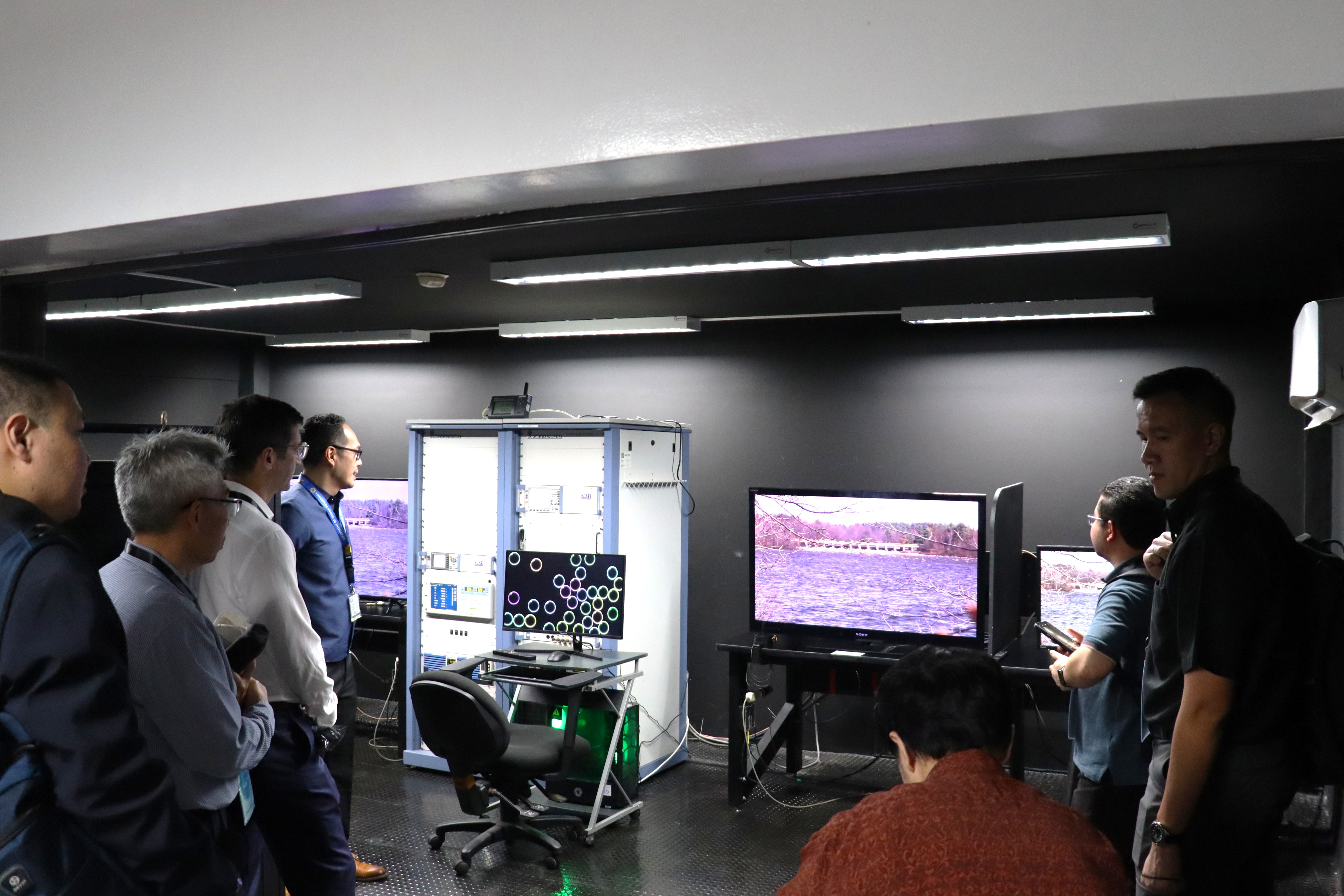 |
Photo 8. Site visit to the DOE – Energy Research and Testing Laboratory Services
On the second day, Session 3: Advancing Regional AC MEPS in ASEAN, explored Technical and Policy Support for the ASEAN Regional Policy Roadmap for Energy-Efficient RACs through the ASEAN Cool Initiative. Led by Rio Jon Piter Silitonga (ACE), this session provided updates on the ASEAN Cool Initiative and delved into various aspects of energy-efficient Room Air Conditioners, including technological advancements, market trends, and policy insights from UNEP-U4E and Lawrence Berkeley National Laboratory. Additionally, presentations from GIZ and the Clean Cooling Collaborative detailed progress in advancing regional AC MEPS in the Philippines and Vietnam, alongside discussions on philanthropic support for the cooling sector in Southeast Asia.
Subsequently, Session 4, titled “Sharing Perspectives and Initiative Updates for Higher RAC MEPS and Lower Global Warming Potential (GWP) Refrigerants,” explored critical advancements in the cooling sector, moderated by Zafe Fazilah Abu Bakar (UNEP-U4E). Speakers from IIEC, CLASP, UNEP-U4E on behalf of UNEP OzonAction, and ACE shared insights on AC comparative testing, regional Green Public Procurement (GPP) guidelines, and global initiatives. Cahyo Adisaputro, Senior Officer, CEE Department at ACE, further explained that the Regional GPP Guidelines, developed with a new GPP criteria tool, aim to integrate energy efficiency into public procurement of cooling appliances across ASEAN, supported by the Asia Low Carbon Buildings Transition (ALCBT) Programme. The discussions highlighted strategies for adopting more energy-efficient technologies and environmentally friendly refrigerants to further reduce environmental impact.
 |
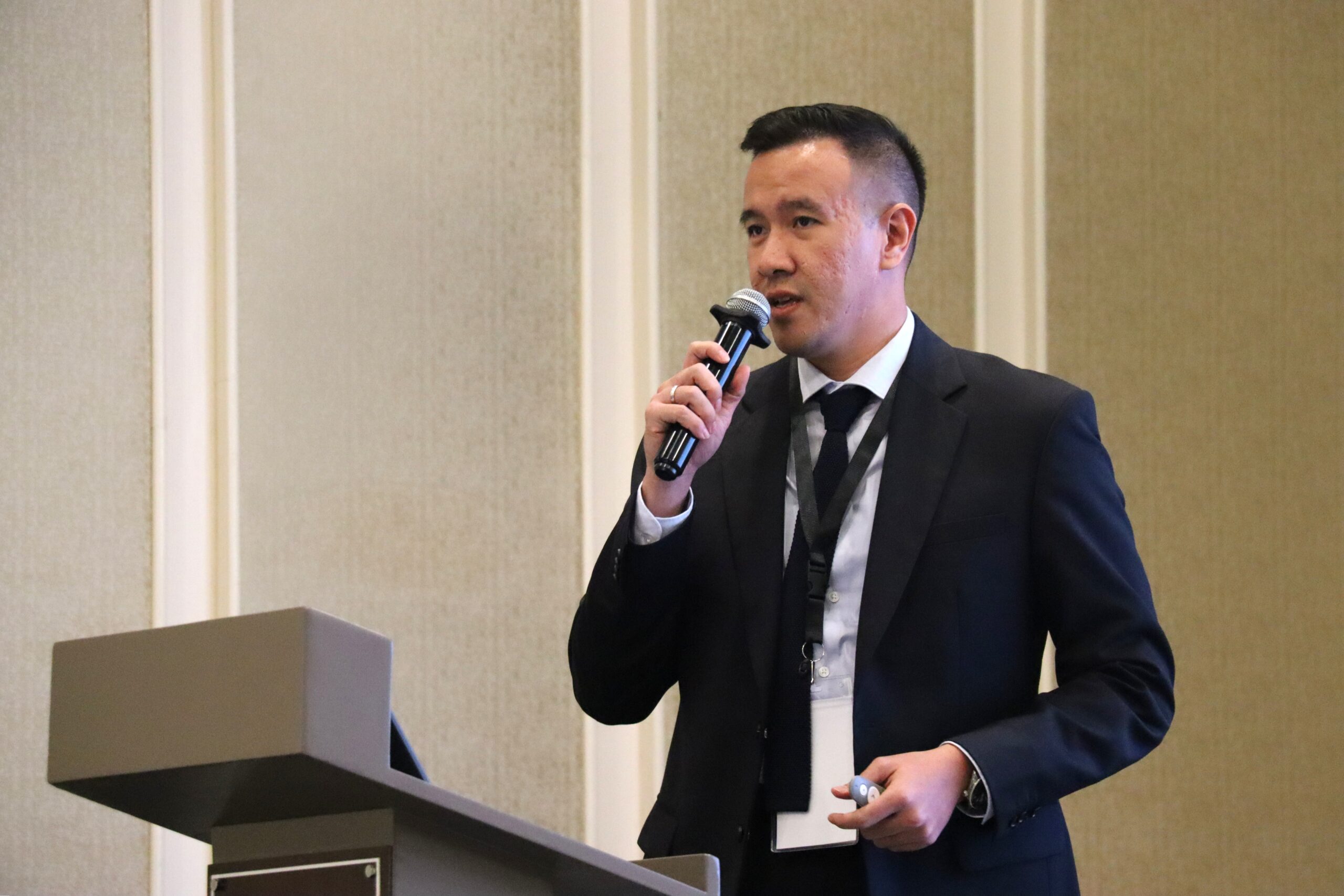 |
Photo 9. Presenter from Saikiran Kasamsetty, UNEP-U4E (left) and Cahyo Adisaputro, ACE (right)
The workshop then concluded with a comprehensive summary and wrap-up session, where participants provided their closing statements. Discussions explored future steps for regional coordination beyond 2025 and the potential for a next-phase roadmap for energy-efficient RACs. Expected outputs included strengthened cooperation on MEPS, MVE guidelines, and the establishment of regional product registration systems to ensure a sustainable and competitive regional RAC market.
The event formally closed with remarks delivered by Patrick T. Aquino, CESO III, Director of Energy Utilisation Management Bureau, DOE Philippines, alongside representatives from CCC, UNEP-U4E, and ACE. These final statements reiterated the collective commitment to a sustainable and climate-friendly cooling future in ASEAN, successfully fostering enhanced collaboration and knowledge exchange among all stakeholders.
